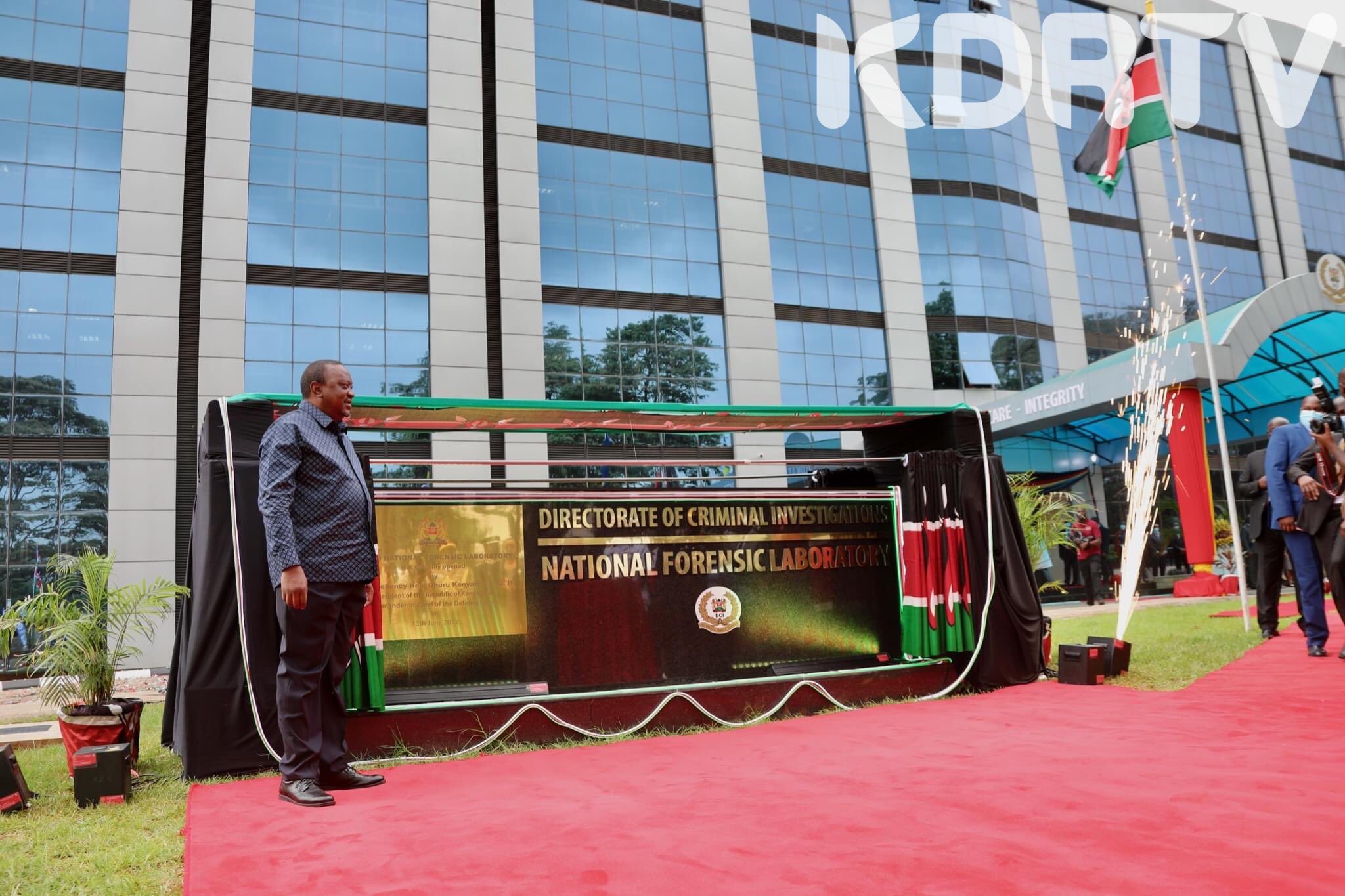
Following the completion of an ultra-modern Sh4 billion forensic lab which was launched on Monday June 13 by President Uhuru Kenyatta, Kenya will soon be on par with industrialised nations in the examination of complicated cases.
The facility will improve investigators’ ability to solve crimes because they won’t have to send samples to South Africa for forensic processing.
Detectives will no longer have to wait for toxicological tests on samples to be taken overseas which has been delaying investigations.
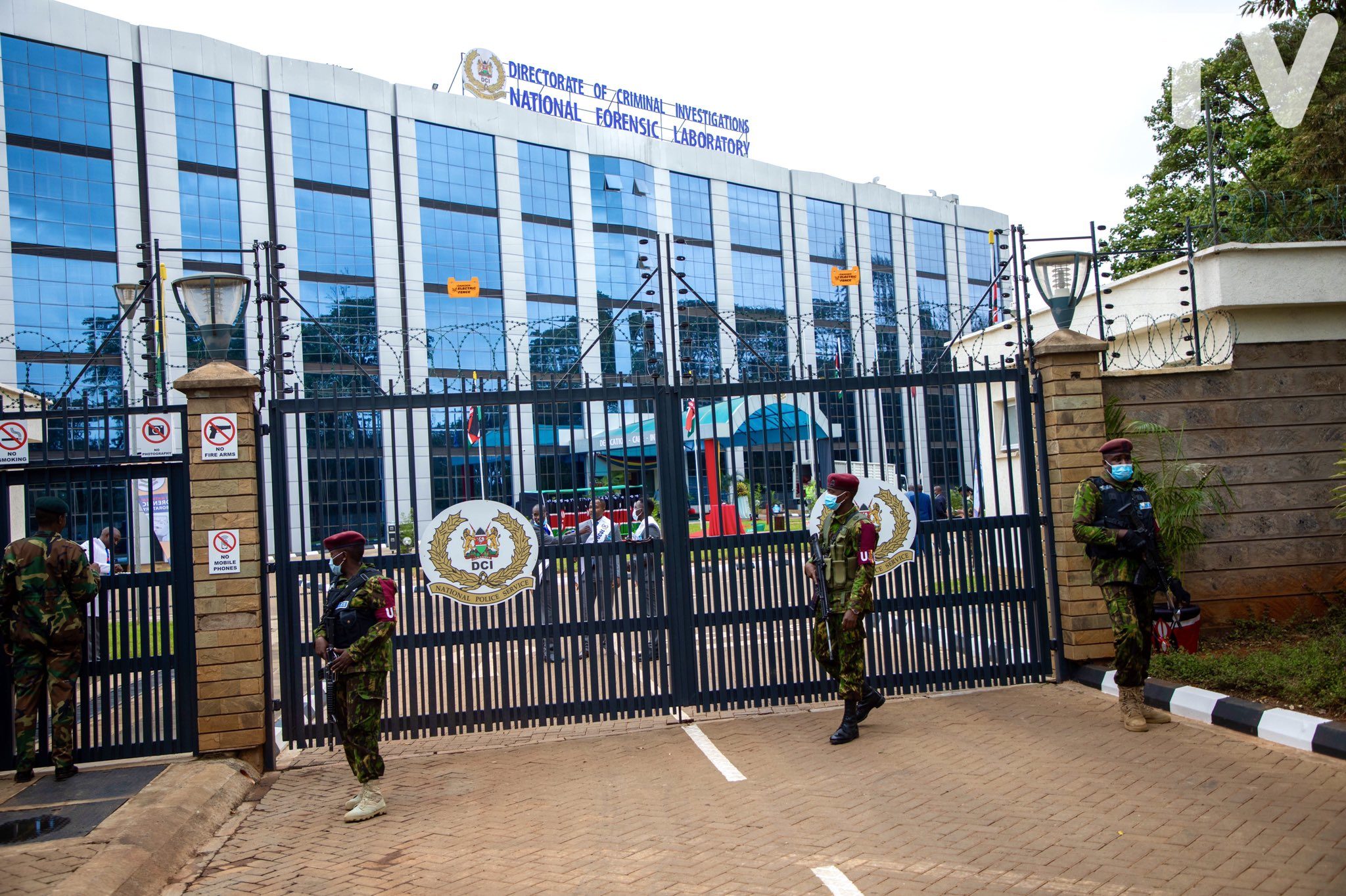
Terrorism, armed robbery, murder, cyber fraud, espionage, kidnapping, rape, and defilement will be solved utilizing advanced scientific methods that minimize human interaction with evidence and allow for appropriate documentation for successful convictions.
The facility’s labs will help investigators fight transnational crime, drug trafficking, illegal weaponry, and wildlife trophies using scientific data.
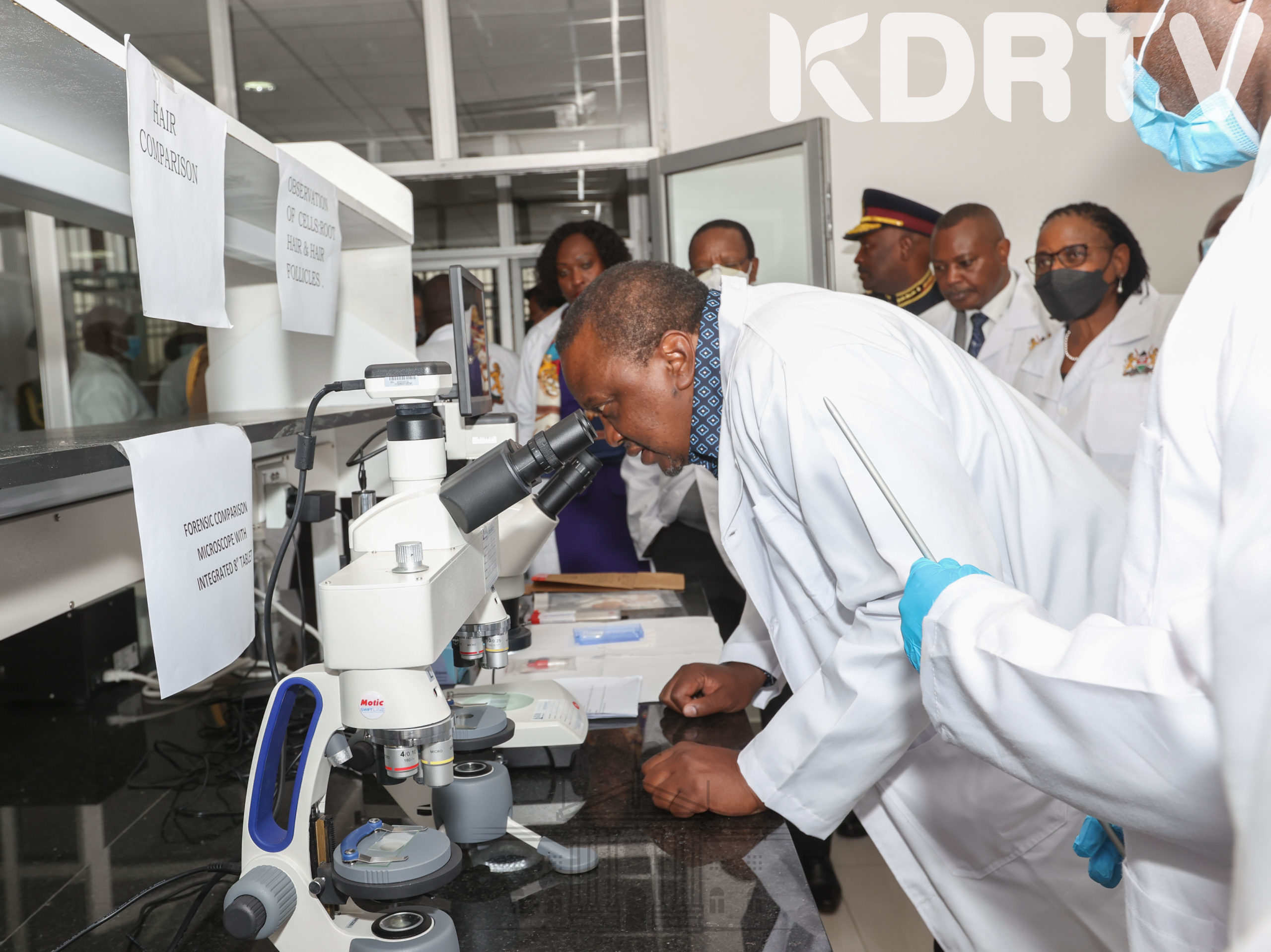
The fingerprint identification lab will link suspects to crime sites using hidden fingerprints. This section will keep criminal records (fingerprints) and issue good behavior certificates.
The forensic chemistry lab will microscopically examine gunshot residue on clothes and skin to identify the gun’s owner. The unit will also analyze blood stains, urine, and other specimens for poison or drug residues.
The forensic biology lab will analyse biological evidence from rape or homicide scenes or suspects for DNA. It will keep a DNA Index System for future crimes.
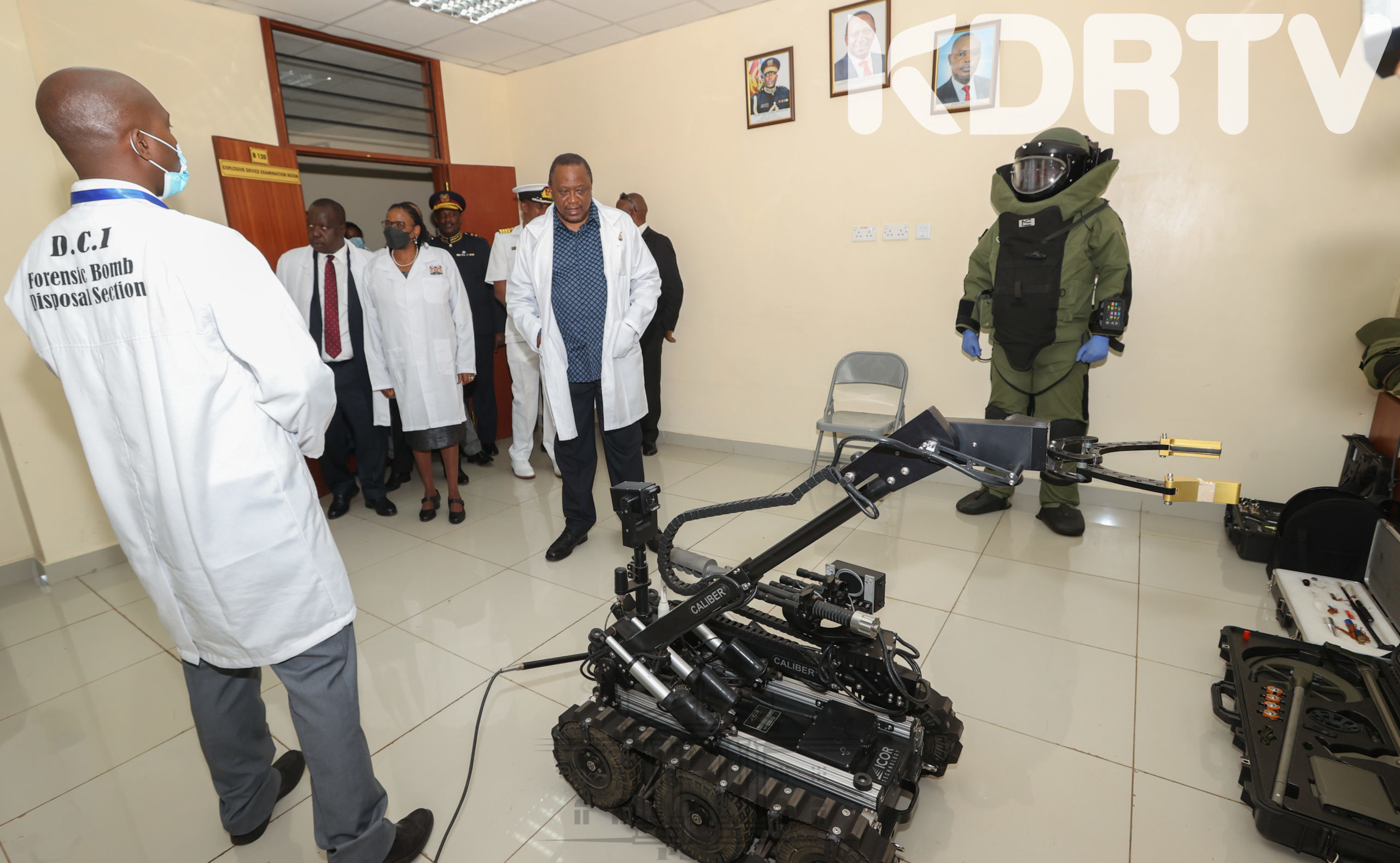
The forensic imaging and acoustic lab will retrieve and process CCTV exhibits, audio-visual recordings, crime scene reenactments, and biometric voice recognition for court evidence and record keeping.
The cybercrime and digital forensics lab will collect evidence from computers, digital cameras, memory cards, flash disks, and other storage devices and recover deleted short message messages, contact lists, videos, and email sources.
Other laboratories include document examination, ballistics examination, bomb and hazardous material disposal section, forensic and a forensic evidence management laboratory.
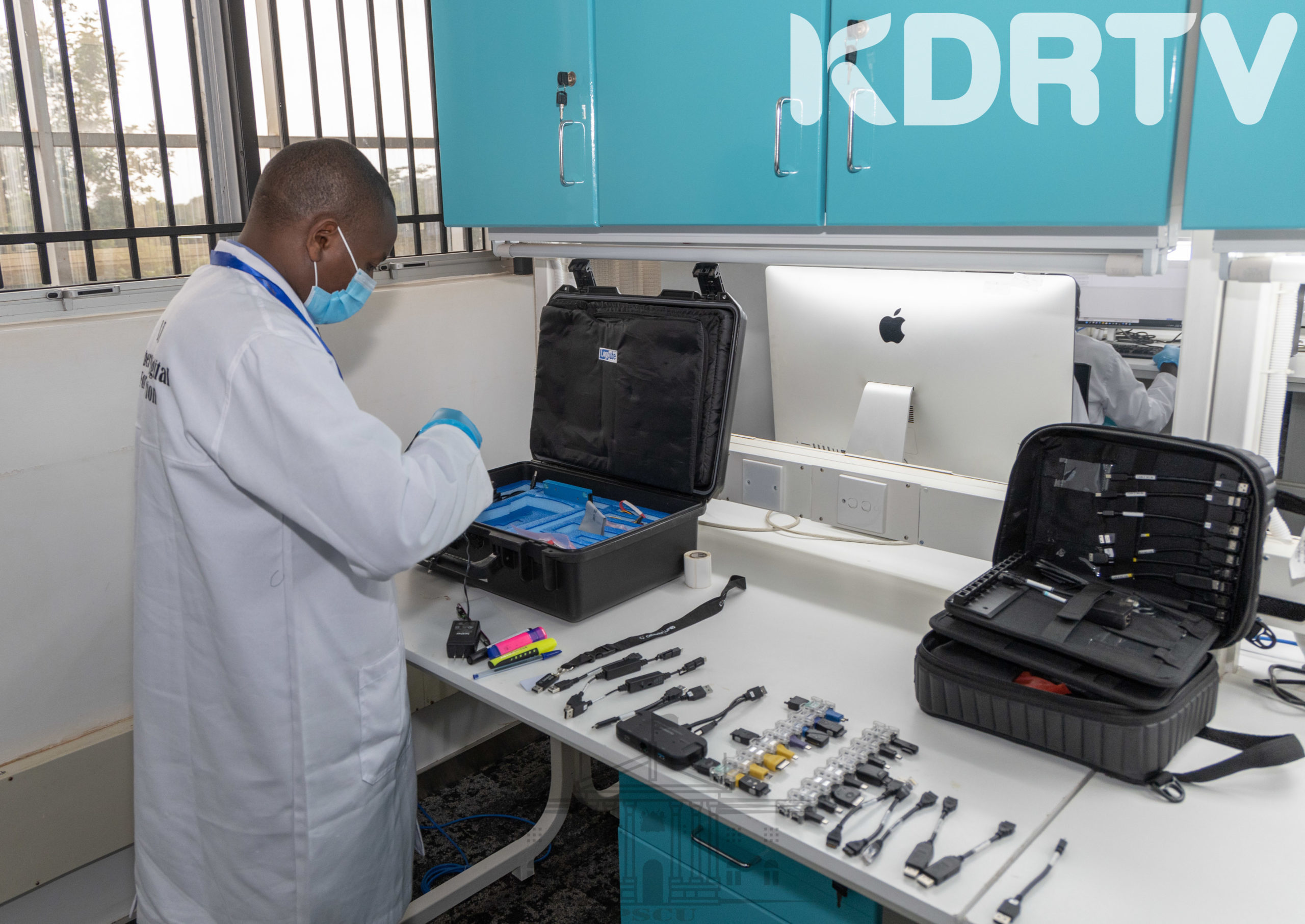
The facility will also house the Anti-Terror Police Unit’s databank for present and emerging terror suspects.
Also Read: Meet 5 Most Powerful Special Units Within the Kenyan National Police


































































